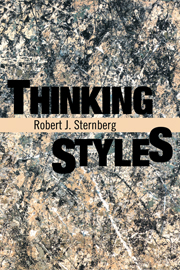Preface
Published online by Cambridge University Press: 05 August 2012
Summary
I've attended and been graduated from five schools: Tuscan Elementary, Maplewood Junior High School, Columbia High School, Yale College, and Stanford University. I performed better in each new school than I did in the old one – sometimes a little better, other times a lot better, but always better. At the same time, I've observed other people go through their own sequence of schools, and do a little worse in each new school. We were not unusual: Some students do a bit worse each time around, others a bit better, and still others no different from the last time around. Is it random? No. Is it more (or less) effort each new time around? No. What is it?
In our society, the first explanation that would come to anyone's mind would probably be abilities. Here, we see the educational system as a huge funnel; but this is a peculiar funnel, because it has a series of filters inside that allow fewer people to pass through each successive stage. Each filter, representing a school, has a different fineness of mesh. Highly selective schools are very fine-mesh filters that will let only the prime students through; slightly less selective schools are medium-mesh filters that will allow the choice students through as well; and even less selective schools are coarse filters that will allow successively less able students to get through.
- Type
- Chapter
- Information
- Thinking Styles , pp. ix - xiiPublisher: Cambridge University PressPrint publication year: 1997



